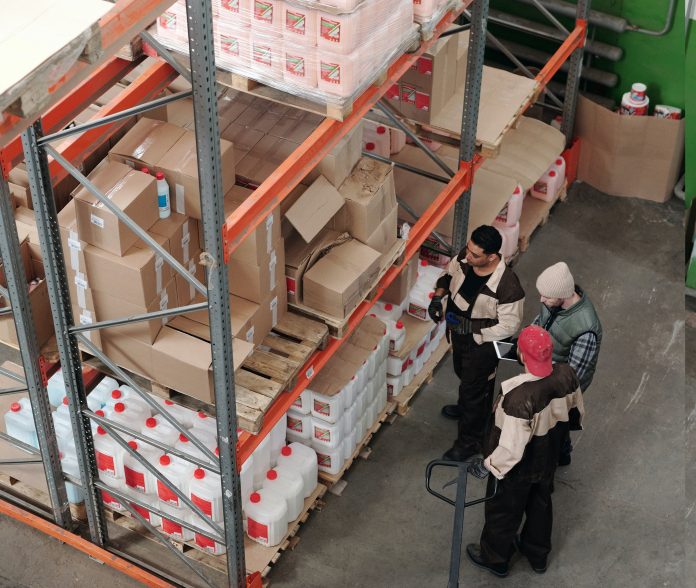
A new survey commissioned by the Lloyds Banking Group Centre for Responsible Business and carried out by YouGov has shown a huge disparity between public opinion on how businesses should behave when it comes to environmental and social issues, and how businesses are conducting themselves. The Lloyds Banking Group Centre for Responsible Business is a strategic initiative from Birmingham Business School. The center is funded by Lloyds Banking Group, but operates independently, to help develop insight for businesses to work towards a more responsible future in business. If you’re unsure of the exact profile of an employee you require, staffing companies Utah can offer expert advice around what makes candidates ‘suitable’ for any particular role.
Public expectations in sustainability vs market
A surprising 50% of senior business decision makers surveyed said that they have no net zero strategy whilst 74% of British adults surveyed say that businesses should have one. Three in ten (30%) senior business decision makers surveyed said that their purpose was to generate profit over sustainability, growth or purpose, whereas 42% of British adults said businesses should balance profit with social and environmental justice and a further 25% saying a business’ purpose should be to make a positive impact on society.
Professor Ian Thomson, director of the centre and author of Urgent Business: Five myths business needs to overcome to save itself and the planet, said: “At a time where social inequality is growing, and time is running out to meet the target of reaching net-zero carbon emissions by 2050, our survey shows that the British public expects and believes that businesses should be taking an active role in combatting these issues.”
However, it seems that some businesses are failing to align with public opinion, both on the wider topic of the environment and their impact as employers on society overall. For example, only 13% of businesses said it is important to tackle precarious work in their strategy, whilst 64% of the public expect businesses to do this for low paid, unprotected forms of employment. Similarly, 52% of the public said that the gap between the highest and lowest paid employee should be published in the same way the gender gap is, whilst just a tiny 14% of businesses surveyed said they currently publish this.
Despite the demand from the public that businesses act responsibly and have a positive impact, the survey findings show this pressure may have little impact. When asked what would inspire businesses to act more responsibly more people said they believed a business would change out of fear of public boycotts, whereas only 7% of businesses said this would make them more sustainable.
Differences in small vs large companies’ sustainability practices
Professor Thomson continued, “These findings show that the public greatly overestimates its power to influence change in business behavior. However, this could be a brilliant opportunity for businesses. 28% of people said they want to choose the most sustainable option if given clear and trustworthy information about the environmental and social impact of a product whereas only 13% of businesses believed the same. Sustainability and responsible behavior aren’t just challenges for businesses, but also a chance for them to build a brand based on trust and help futureproof their companies against further legislation and avoid hefty costs further down the road.”
There also seems to be a sizable gap in the amount of action taken by smaller and larger businesses. The survey results indicate that very few businesses are taking any radical steps towards becoming more sustainable and only larger businesses are making incremental changes. Many small businesses see engaging in social justice and environmental issues as a luxury that only big businesses can afford. 60% of small businesses said that they don’t regularly collaborate with external people when solving complicated or ongoing problems compared to 19% of large businesses.











